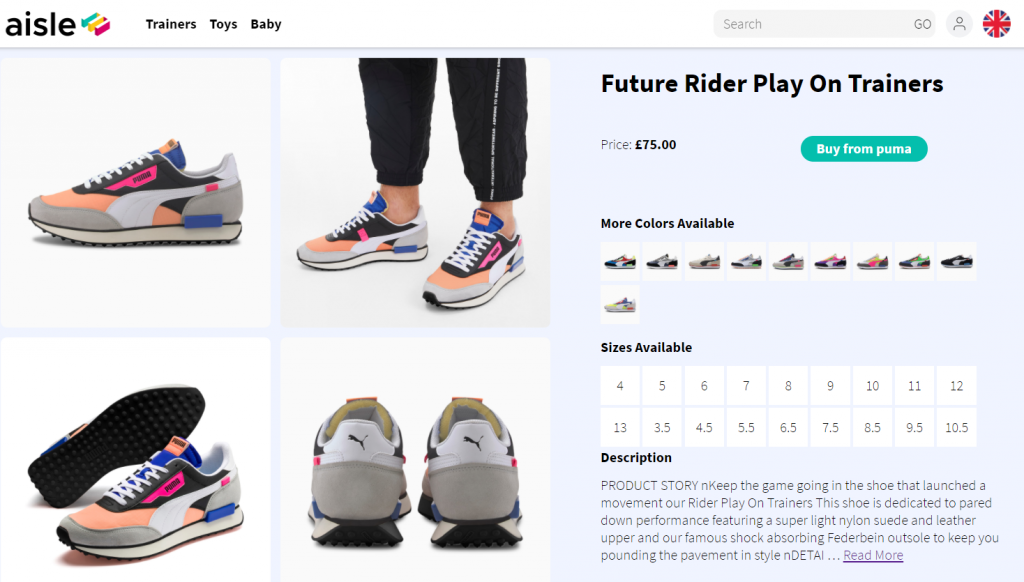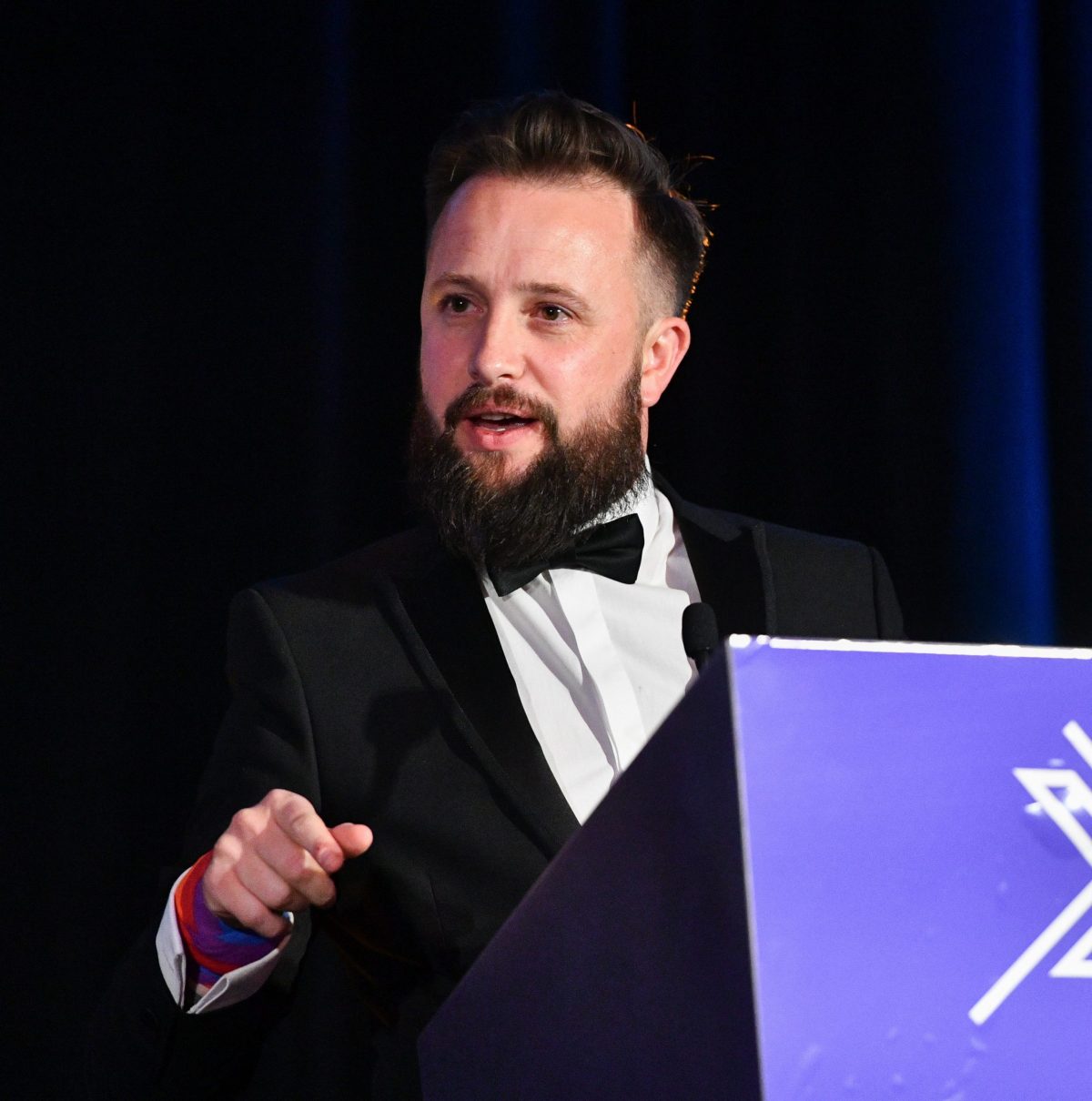We spoke to aisle 3 co-founder and CEO Thomas J. Vosper about his business revolutionising the online shopping experience. He talks to us about bouncing back from redundancy, what he learnt from pitching to investors and his passion for ensuring we have #nomoretabs.

Tell us about aisle 3?
Like most people I find it super easy to find a car insurance provider, book a hotel in seconds or find availability on a flight based on what matters to me. So why is it so hard to find out all of my buying options for a set of wireless headphones? I am not alone in having to open endless tabs across multiple retailers and marketplaces when I shop online.

